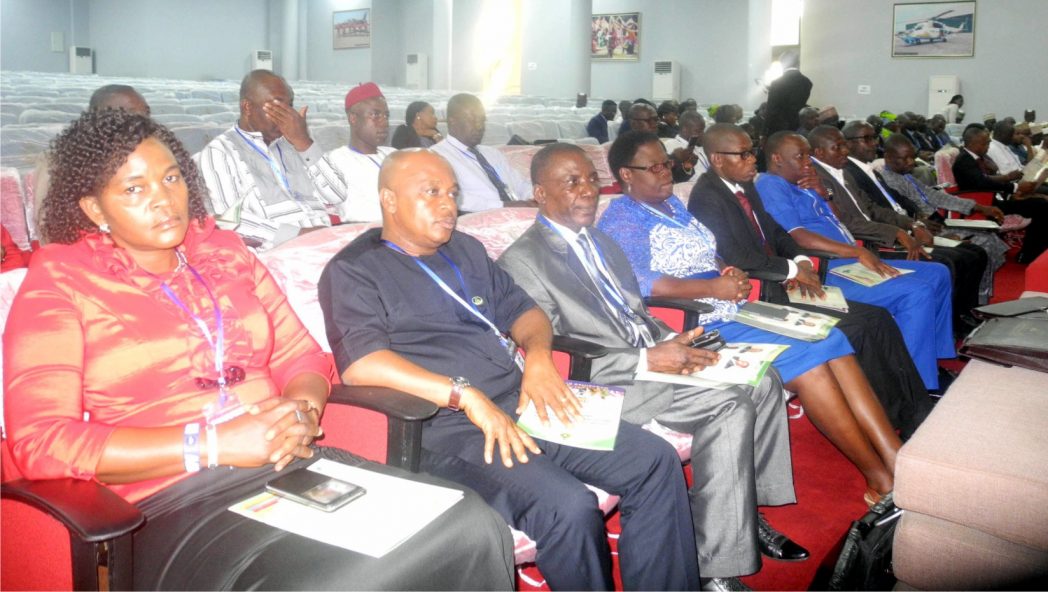Business
Obasanjo Seeks Common Currency To Boost ECOWAS Trade

Former President Olusegun Obasanjo has called on the leaders of the Economic Community of West African States (ECOWAS) to agree on a common currency to boost regional trade.
Obasanjo made the call at the ongoing 24th Annual General Meeting of the African Export-Import Bank (Afreximbank) in Kigali, the Rwandan capital.
He spoke on: Can Regional Economic Communities Work for Africa: Lessons from a Founding Father.
He said that the issue of common currency was getting delayed because the regional leaders had put forward “ECO” as a name for the currency but wondered why it had not been adopted.
According to him, the currency is required to move the current level of the regional trade from 25 per cent to more than 50 per cent.
He said the various currency zones like the Naira zone, the Cedi zone, among others should not be allowed to mitigate the flow of trade within the region.
He blamed too many internal conflicts and changes in policies, among others, as some of the challenges facing the region.
Obasanjo, however, lauded ECOWAS countries for their ability to resolve their issues on their own, adding that ECOWAS on its own had resolved conflicts in Liberia, Sierra Lone and The Gambia.
He said that in the case of The Gambia, ECOWAS leaders agreed that a military option should be adopted but it should be without firing a bullet.
“I was sure the ousted president Yahya Jammeh will leave but when he started delaying ECOWAS leaders met, it was agreed a military option should be adopted.
“The tactics worked and when the countries leaders were saying the ousted president Yahya Jammeh had left the country with huge sums of money. I told them to allow him go with the money so far as he allows the country to remain in peace,” he said.
He said the region had been most democratic region going by free and fair elections done in the countries.
He told the audience that in the region, elections had been held without violence and wherever there were crises the region had resolved such crises peacefully.
Business
Two Federal Agencies Enter Pack On Expansion, Sustainable Electricity In Niger Delta

Business
Why The AI Boom May Extend The Reign Of Natural Gas

Business
Ogun To Join Oil-Producing States ……..As NNPCL Kicks Off Commercial Oil Production At Eba

-

 Sports2 days ago
Sports2 days ago2026 WC: Nigeria, DR Congo Awaits FIFA Verdict Today
-

 Environment2 days ago
Environment2 days agoOxfam, partners celebrate 5 years of climate governance programmes in Nigeria
-
Politics2 days ago
ADC, PDP, LP Missing As INEC Set For By- Elections In Rivers
-
Politics2 days ago
FG’s Economic Policies Not Working – APC Chieftain
-

 Politics2 days ago
Politics2 days ago2027: Diri Unveils RHA LG Coordinators, APC Congress Panel
-

 Politics2 days ago
Politics2 days agoReps To Meet,’Morrow Over INEC’s 2027 Election Timetable
-

 Politics2 days ago
Politics2 days agoGroup Continues Push For Real Time Election Results Transmission
-
Sports2 days ago
Sunderland Overcome Oxford Challenge

